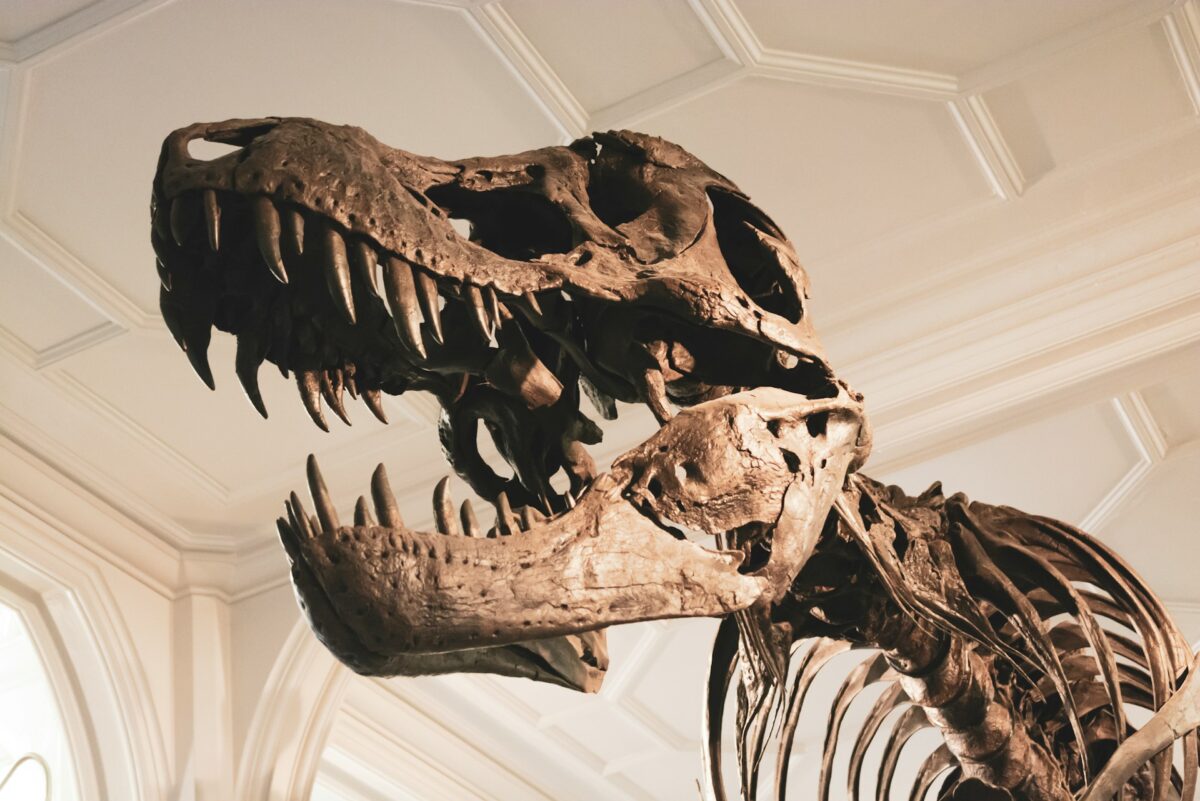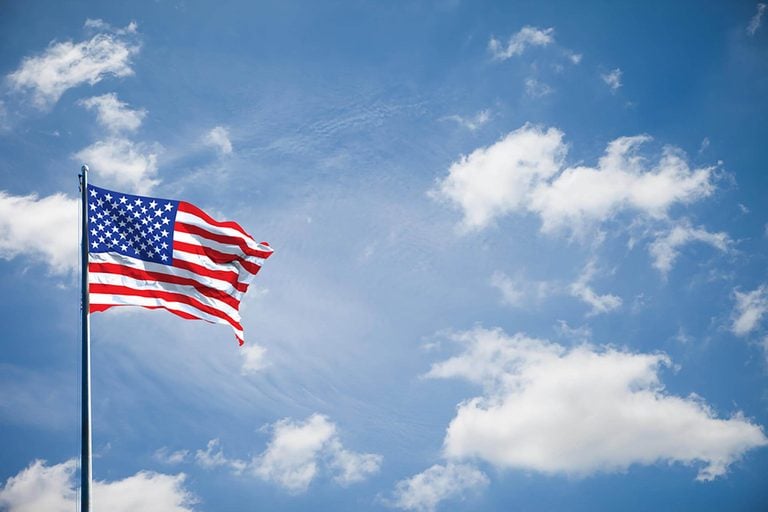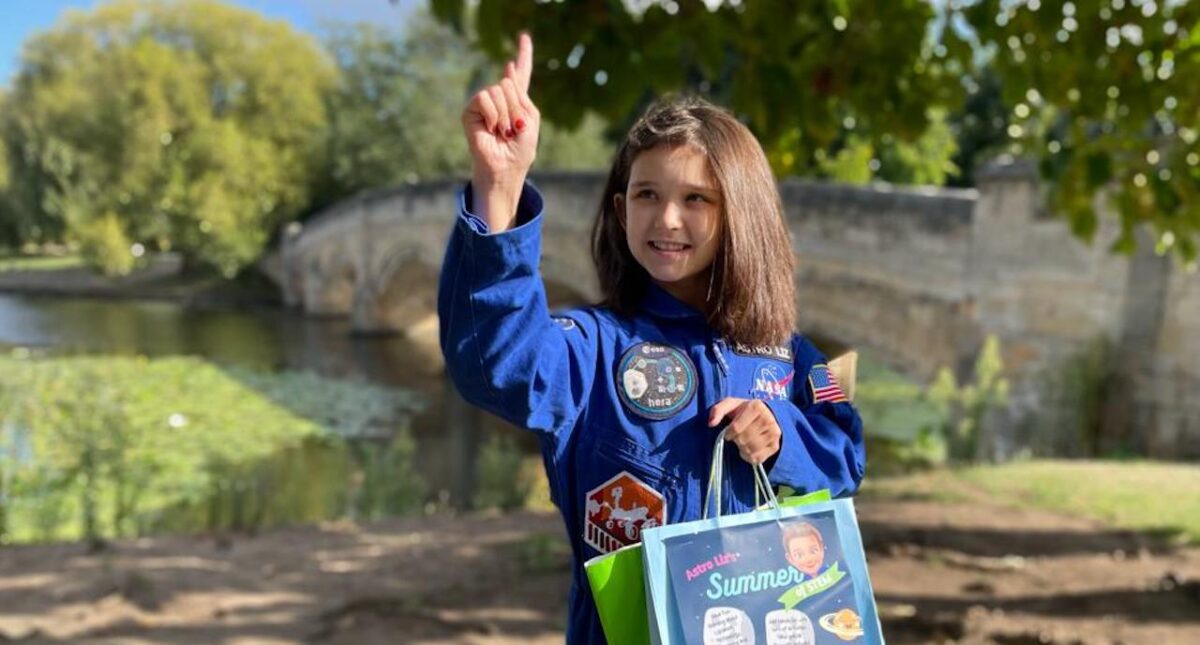Harvesting Energy from Black Holes
In a groundbreaking study by researchers at Tianjin University in China, the potential of black holes as a future energy source is being explored. The researchers, Zhan-Feng Mai and Run-Qiu Yang, have proposed two intriguing scenarios in which primordial black holes could be utilized to meet the growing energy demands of humanity.
As the global population continues to expand, scientists are exploring novel and unconventional ways to generate power. Black holes, once thought to be mere cosmic vacuum cleaners, are now being considered as a possible energy source.
The first scenario involves “charging” a primordial black hole, a tiny black hole formed shortly after the Big Bang, by feeding it electrically charged particles until it repels them, indicating that it is fully charged, much like a battery. Energy could then be collected from the black hole through a process called superradiance, where electromagnetic or gravitational waves carrying more energy than was initially fed in are deflected into the black hole and converted into a usable energy source.
The second possibility involves harnessing the energy stored in the form of particle pairs that emerge in the presence of an electric field. Previous research has shown that an electric field exists around the event horizon of black holes, and some of these fields are strong enough to create both electrons and positrons. In this scenario, the positrons of a fully charged black hole would be ejected and available for collection and use as an energy source.
While the researchers have not delved into the physical means of harvesting energy from black holes or estimated the time required to develop the necessary technology, they have calculated that such engineering could allow for 25% of the produced energy to be usable.
Hopefully, nobody gets a silly idea like creating a black hole in a lab for experimentation. Might make a good movie plot. Then again, we could just try to make a miniature sun, like in Spider Man 2.




